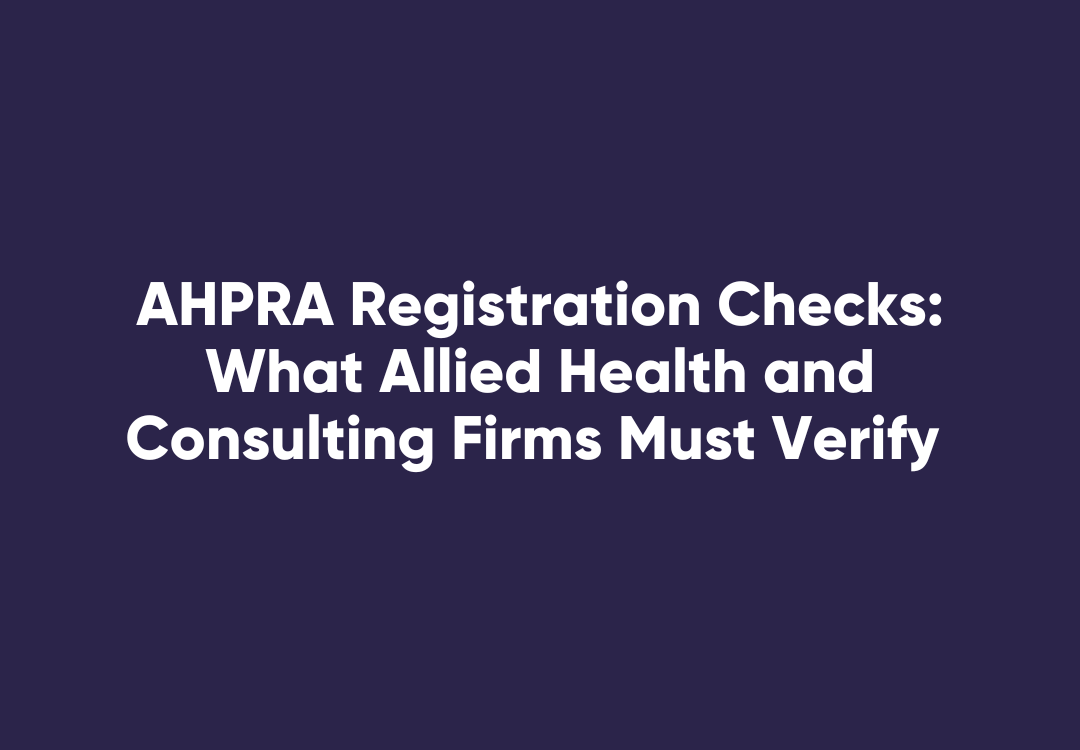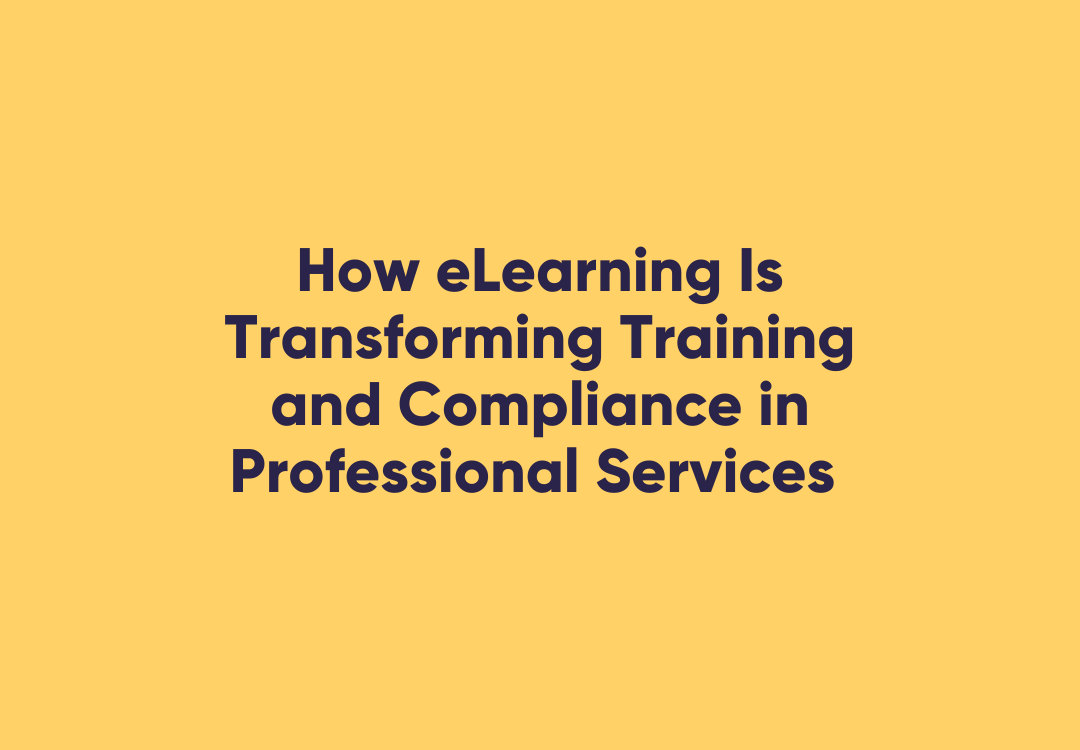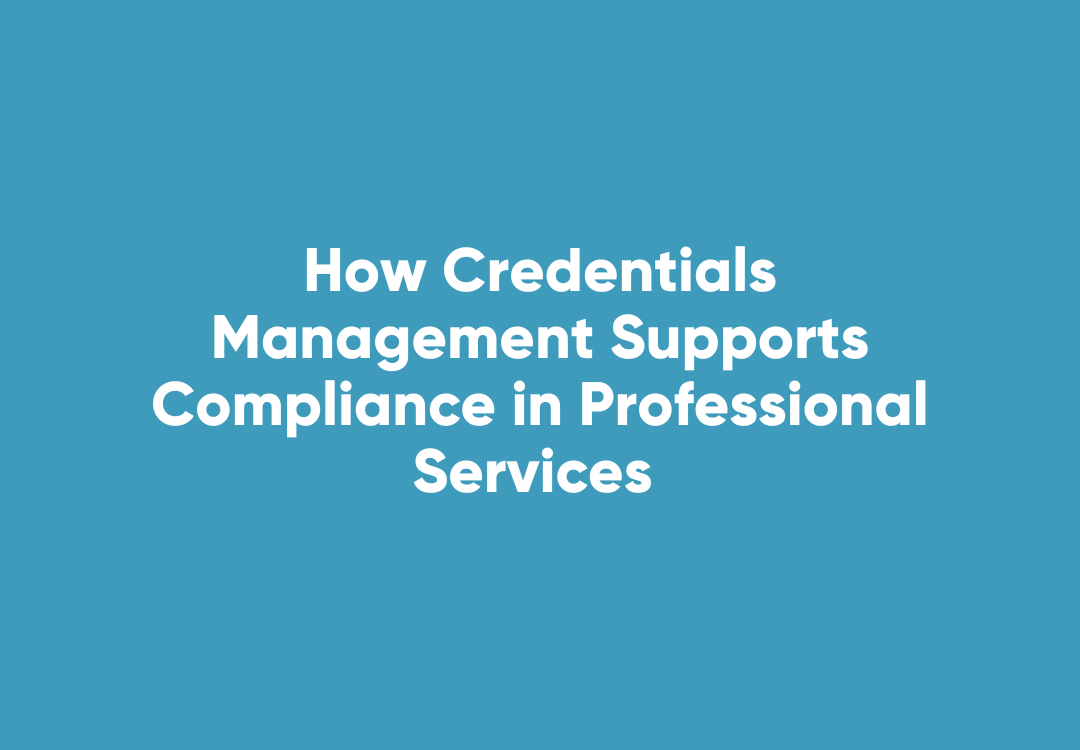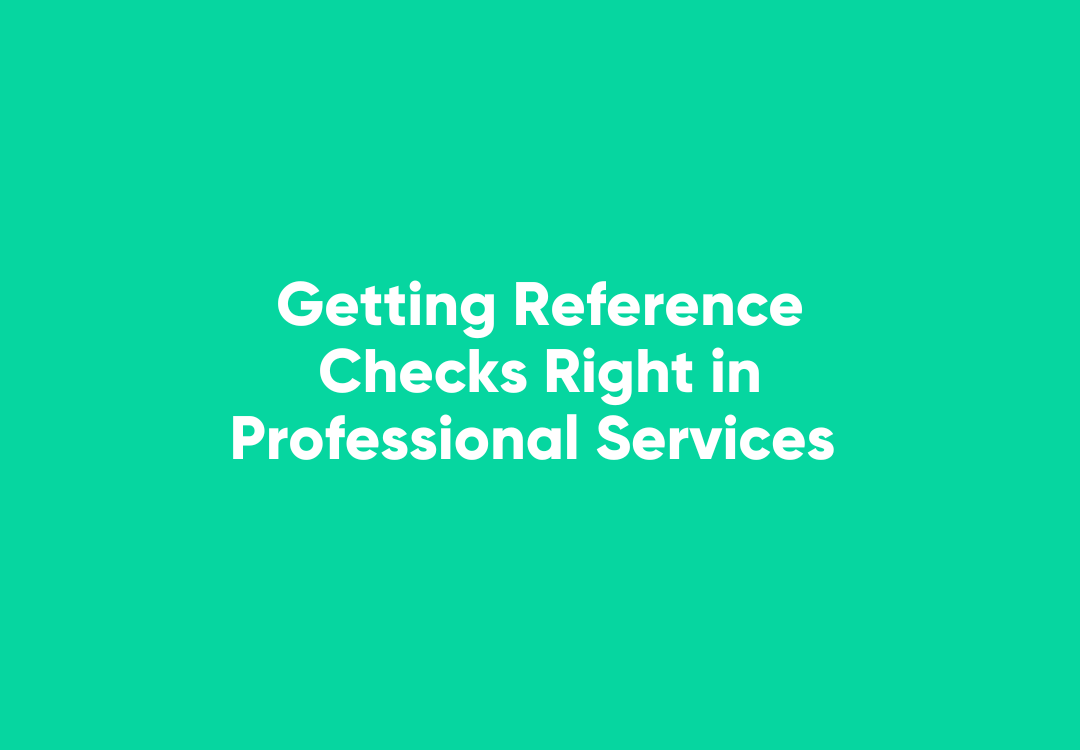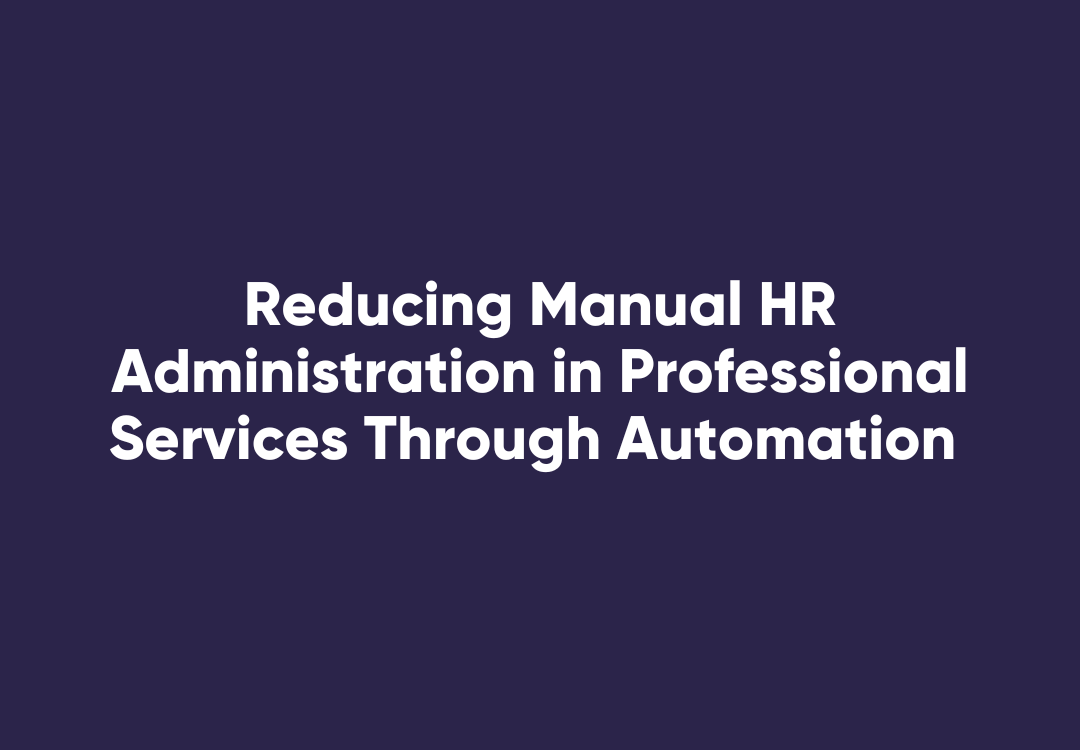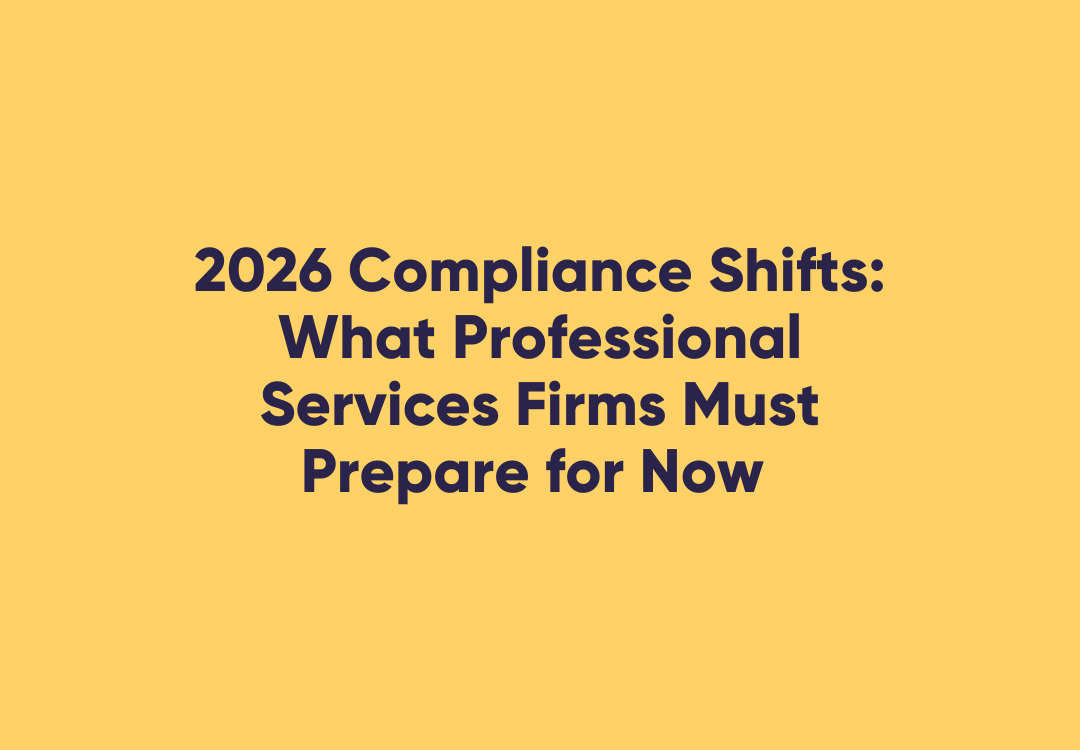EOFY 2025: Key Updates in Australian Employment Law
EOFY 2025: Your Essential Guide to Australian Employment Law Updates for the New Financial Year
As the 2024-25 financial year draws to a close, Australian employers find themselves at a pivotal moment, with a series of significant updates to Australian employment law. These changes, spanning federal and state levels, are designed to enhance worker protection, particularly concerning wage compliance, employee classifications, and broader workplace rights.
The introduction of criminal penalties for wage theft and the phased implementation of the "Right to Disconnect" legislation signal a significant shift towards more stringent enforcement of employment standards. Potentially, confusion around these new Australian legislation requirements, from Fair Work Act updates to WHS obligations, can expose HR teams to risks of non-compliance and reputation damage.
This blog provides a comprehensive overview of the key legislative changes affecting employment law in Australia as we transition into FY25-26. Keep reading on for insights that help organisations stay compliant and foster fair and safe work environments.
Why is it Important to Conduct an EOFY Employment Compliance Review?
An annual review and update on organisational policies, procedures, and practices ensures that organisations adhere to current Australian employment law, effectively mitigating risks of non-compliance and promoting fair, lawful, and safe workplace practices.
To ensure robust compliance, organisations should diligently undertake the following actions:
- Review and update employment contracts and policies in line with new and upcoming legislation. This includes clauses related to hours of work, classifications, and entitlements.
- Implement targeted training programs addressing recent legal changes, such as new WHS regulations (e.g., psychosocial hazards) or Fair Work updates.
- Ensure accurate and accessible record-keeping of all employment terms and conditions, background check results (e.g., WWC check, police check, AHPRA registration check), and safety training completion.
By proactively addressing these areas, businesses can maintain seamless compliance and effectively support their workforce, fostering a secure and productive workplace safety culture.
The Critical Importance of Staying Updated in HR & Recruitment
For HR and recruitment professionals, keeping on top of legislative changes is not merely for minimising non-compliance risks. Understanding and proactively implementing new Australian employment law demonstrates a genuine commitment to fair work practices, which can significantly enhance organisational culture, improve employee retention, and bolster your employer brand. By integrating these changes into organisational practices, businesses not only comply with the law but also contribute to a more equitable and productive workforce.
Leveraging WorkPro for WHS Compliance
Key Legislative Changes Affecting Australian Employment Law (FY25-26)
Here are the critical updates Australian businesses must prepare for as we enter the new financial year:
- Criminalisation of Wage Theft
- From 1 January 2025, intentional underpayment of wages and entitlements has been criminalised under the Fair Work Legislation Amendment (Closing Loopholes No. 2) Act 2024. Employers found guilty can face significant penalties, including imprisonment and substantial fines. This requires meticulous attention to payroll, rostering, and compliance with the Fair Work Act [Source: Mapien, "Closing the Loophole: Key changes effective 1 January 2025 & what they mean for you" - https://www.mapien.com.au/blog/closing-loopholes-1-jan/].
- Right to Disconnect
- The "Right to Disconnect" legislation commenced on 26 August 2024 for non-small businesses (15+ employees) and will apply to small business employers (fewer than 15 employees) from 26 August 2025. This grants employees the right to refuse unreasonable work-related contact outside of working hours [Source: Fair Work Ombudsman, "Right to disconnect" - https://www.fairwork.gov.au/employment-conditions/hours-of-work-breaks-and-rosters/right-to-disconnect]. Organisations must review communication protocols and set clear expectations.
- Superannuation Guarantee Increase
- From 1 July 2025, the Superannuation Guarantee (SG) rate will increase from 11.5% to 12%. Employers must ensure payroll systems are updated to reflect this higher percentage for all ordinary time earnings [Source: Business.gov.au, "Changes for businesses from 1 July 2025" - https://business.gov.au/news/changes-for-businesses-from-1-july-2025].
- Paid Parental Leave Expansion (with Superannuation)
- Starting 1 July 2025, the government-funded paid parental leave scheme will expand from 22 to 24 weeks. Crucially, superannuation contributions (at the SG rate) will also be included during the leave period for babies born or adopted from this date, aimed at reducing the gender superannuation gap [Source: Services Australia, "Changes if you get family payments - Parental Leave Pay for a child born or adopted from 1 July 2023" - https://www.servicesaustralia.gov.au/changes-if-you-get-family-payments?context=64479].
- Clarification of Employee vs. Contractor Status
- From 26 August 2024, the Fair Work Legislation Amendment (Closing Loopholes No. 2) Act 2024 re-introduced a "multi-factorial assessment" to determine whether an individual is an employee or independent contractor. This test requires considering the real substance, practical reality, and true nature of the working relationship, not solely the contractual terms. This impacts sham contracting and ensures correct entitlements are applied, mitigating risks that could otherwise be flagged by the Fair Work Ombudsman.
- Psychosocial Hazard Regulations
- New WHS regulations in various states (e.g., Victoria from July 2023, nationally from December 2024 for Model WHS Regulations) require employers to identify, assess, and control psychosocial risks in the workplace, such as excessive workloads, bullying, and poor support. Work health and safety training is critical here, and WorkPro's safety training modules can support compliance [Source: Piper Alderman, "Updates to psychosocial regulations in Australia" - https://piperalderman.com.au/insight/updates-to-psychosocial-regulations-in-australia/].
- Digital ID Act 2024 Impact
- 1 December 2024. While not a direct employment law update, the Digital ID Act 2024 is crucial for HR. It provides a legal framework for a national digital identity system. This impacts how organisations conduct identity verification during onboarding and background checking, emphasising secure and trustworthy methods for validating a candidate's identity, such as using Digital Identity Australia accredited services [Source: Digital ID System, "Digital ID Act 2024" - https://www.digitalidsystem.gov.au/what-is-digital-id/digital-id-act-2024].
The transition into FY25-26 brings significant changes to Australia's employment laws, emphasising the importance of proactive compliance and fair workplace practices. By understanding and implementing these legislative updates, organisations can protect their workforce, avoid penalties, and promote a positive organisational culture.
Explore how WorkPro can support your organisation in navigating these changes and enhancing employment compliance today.





